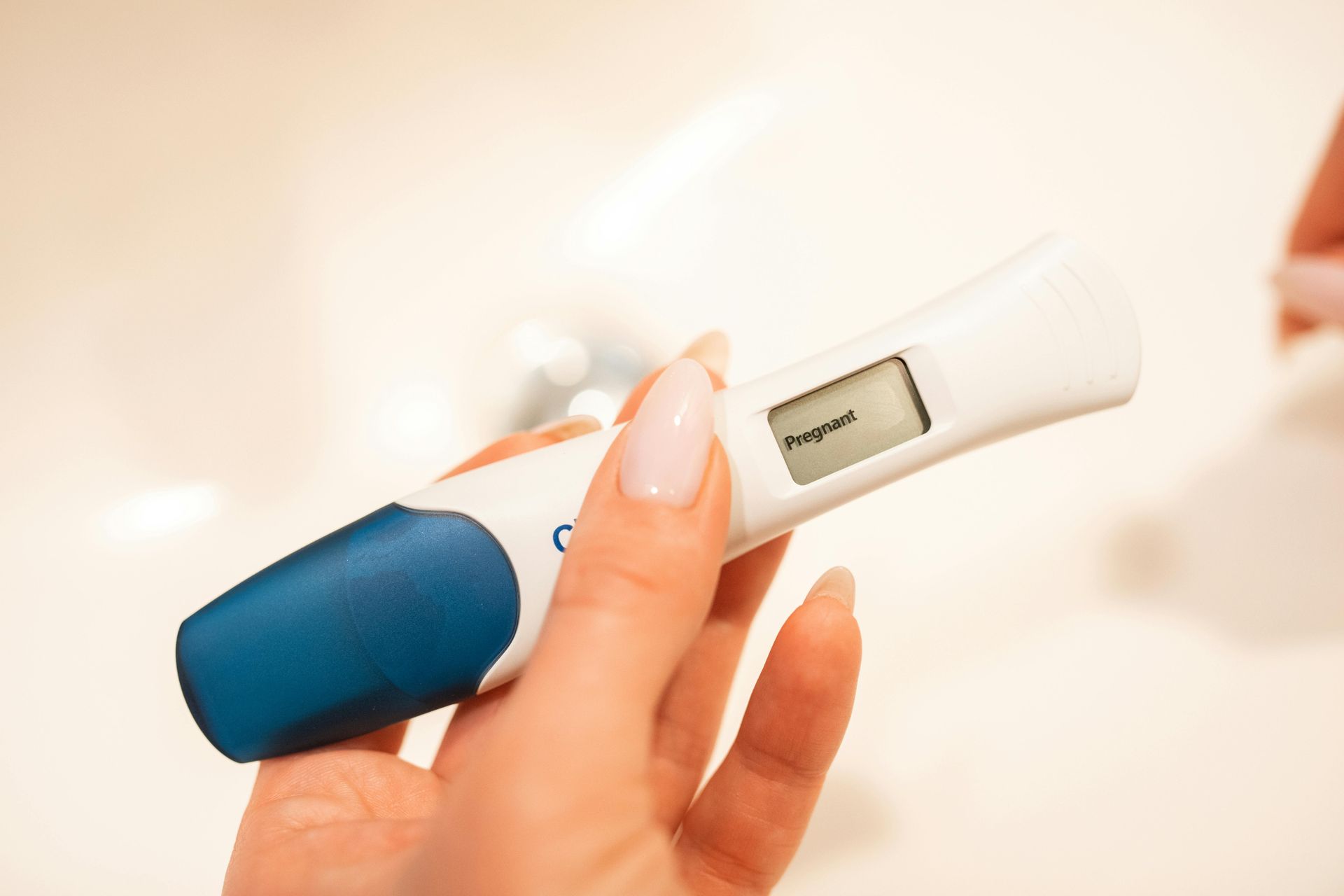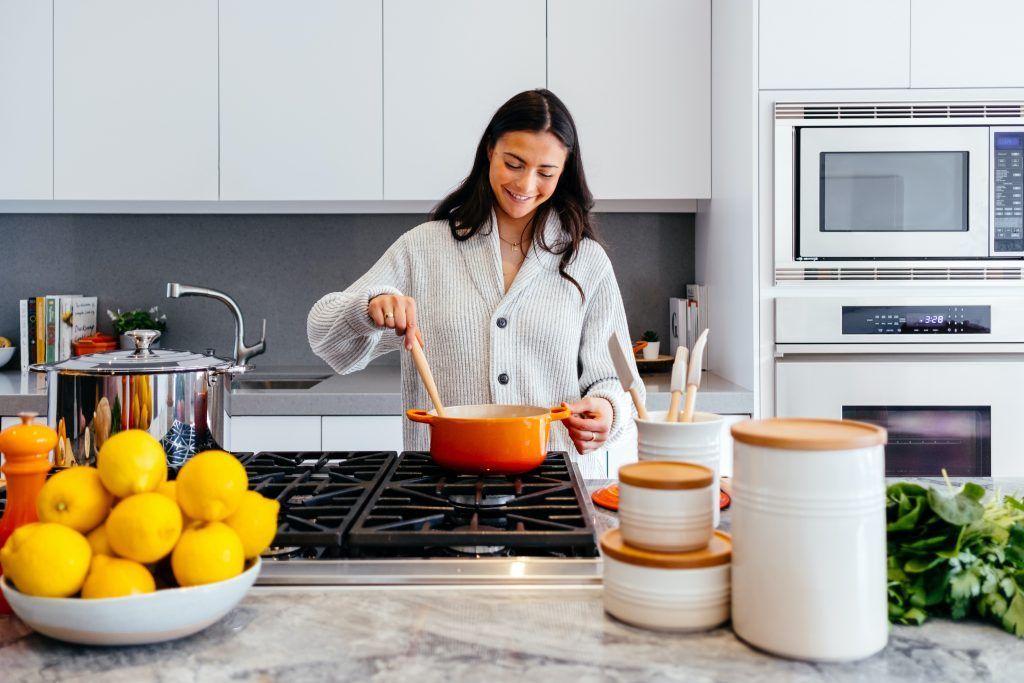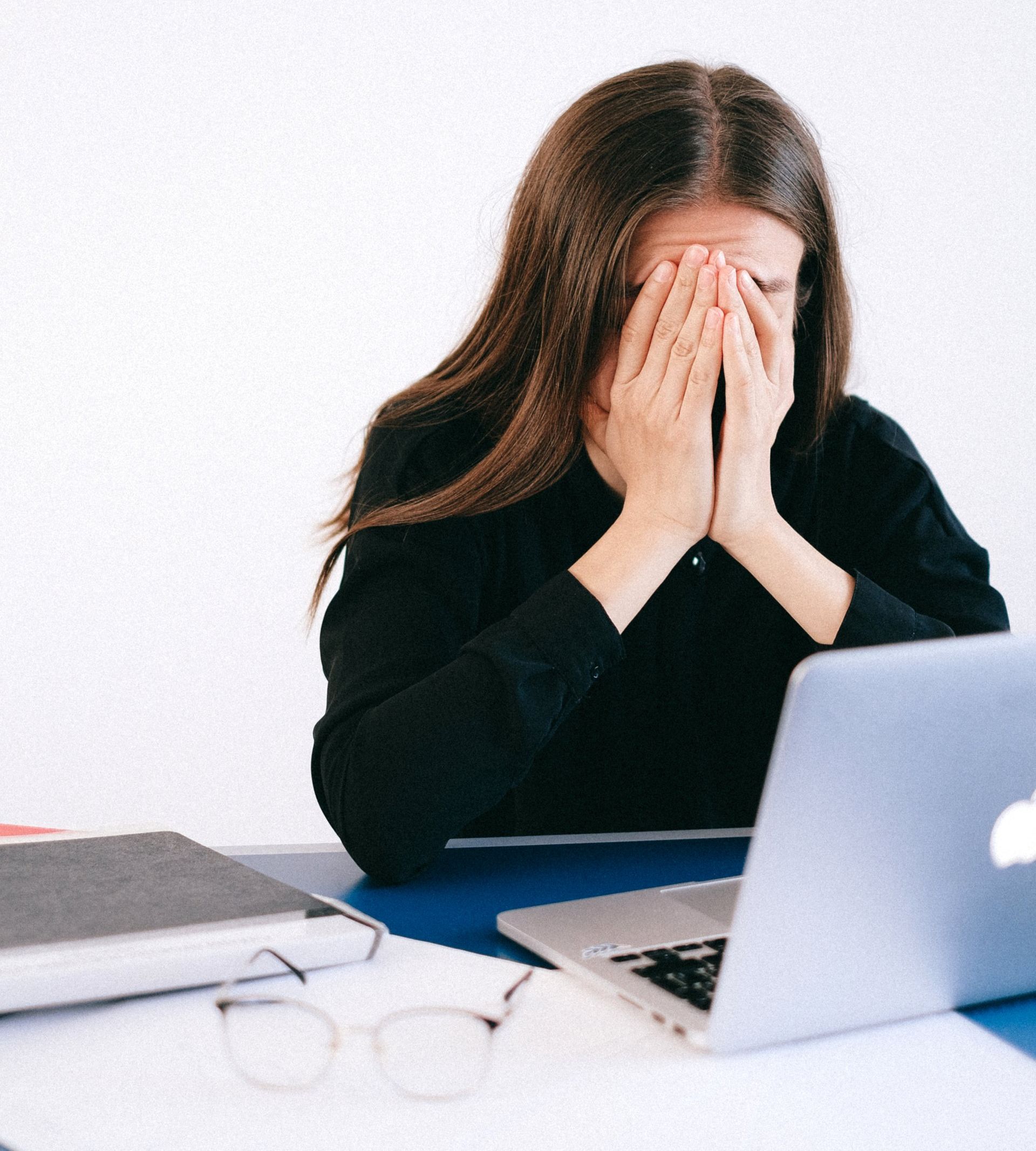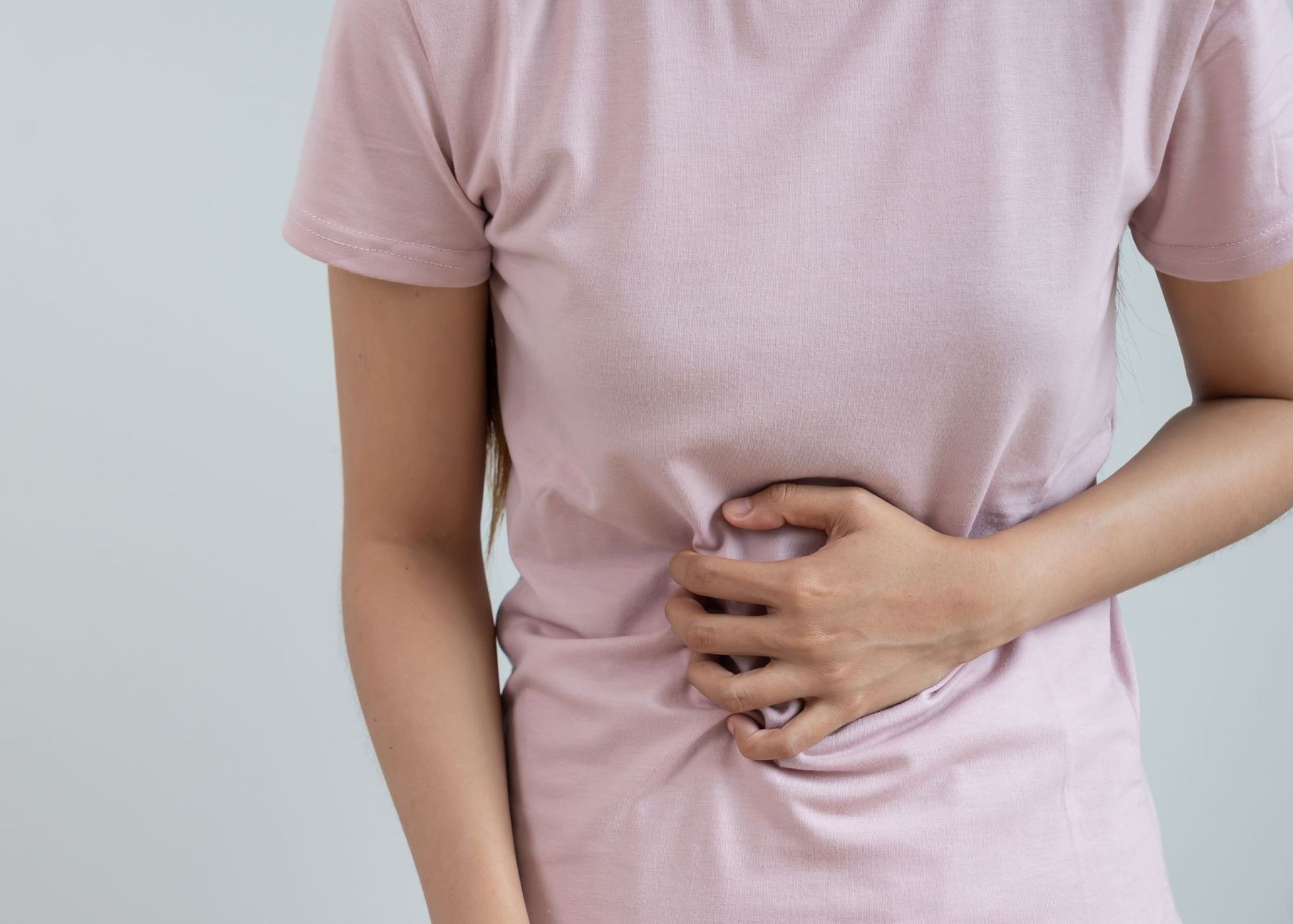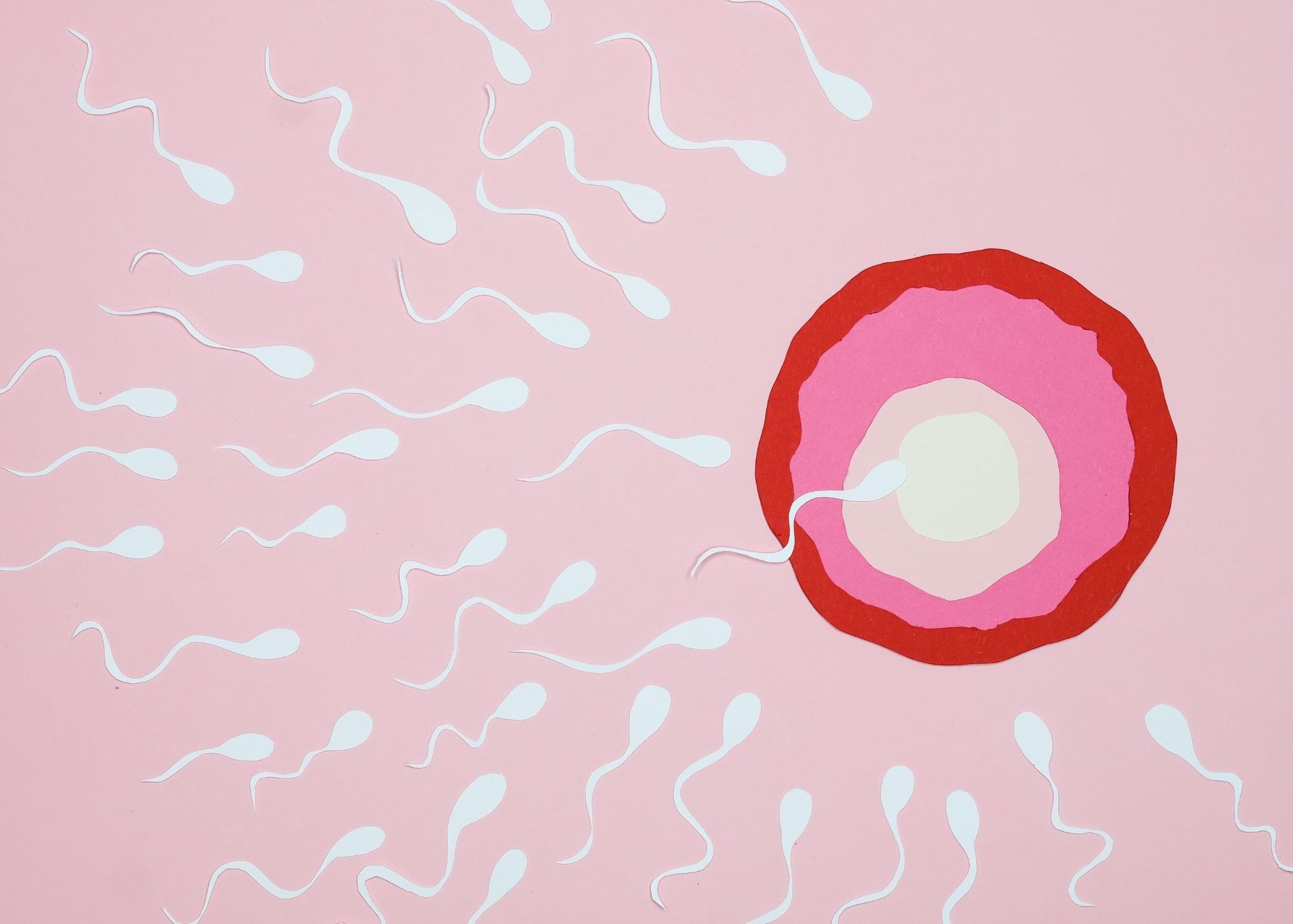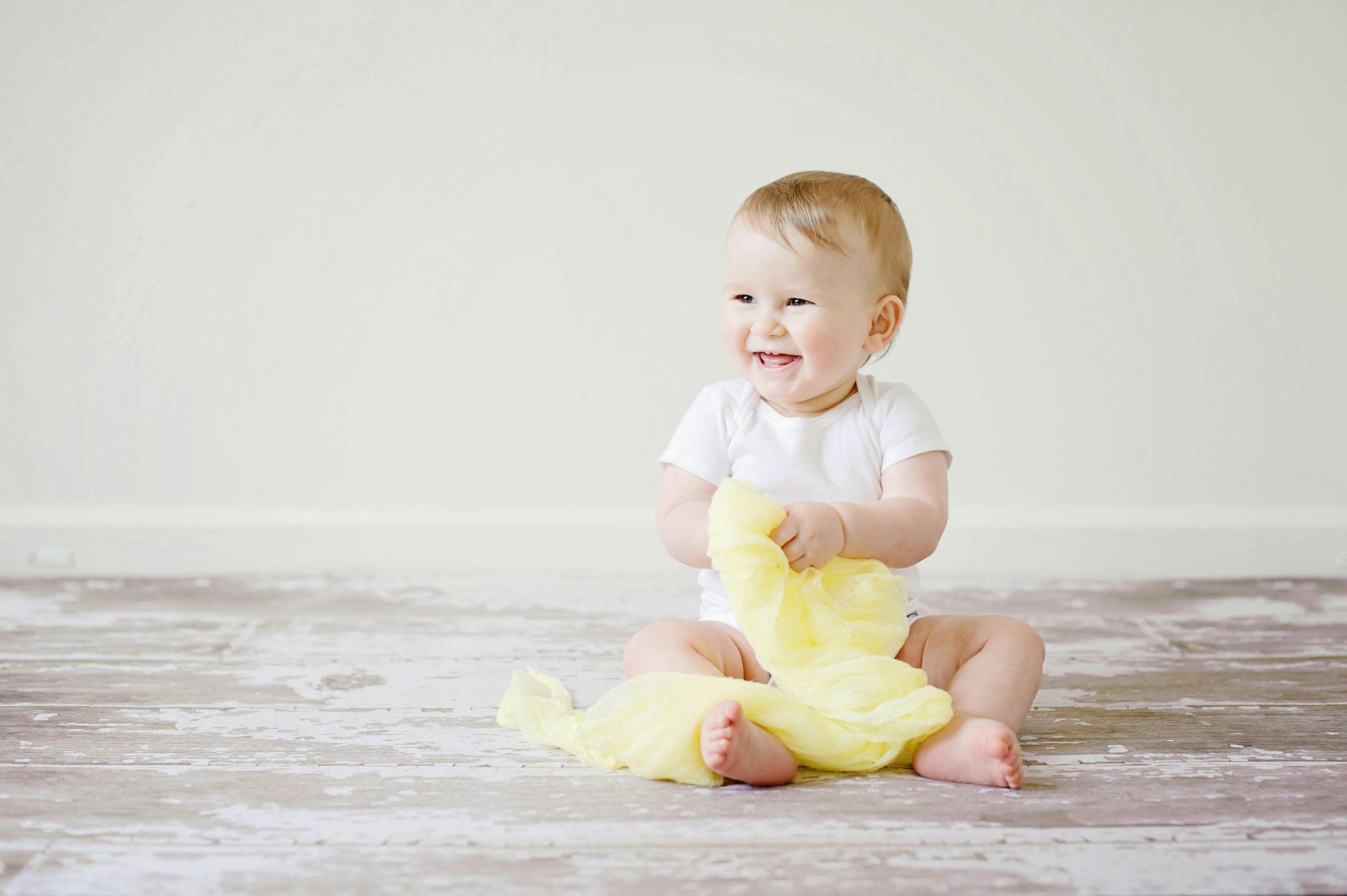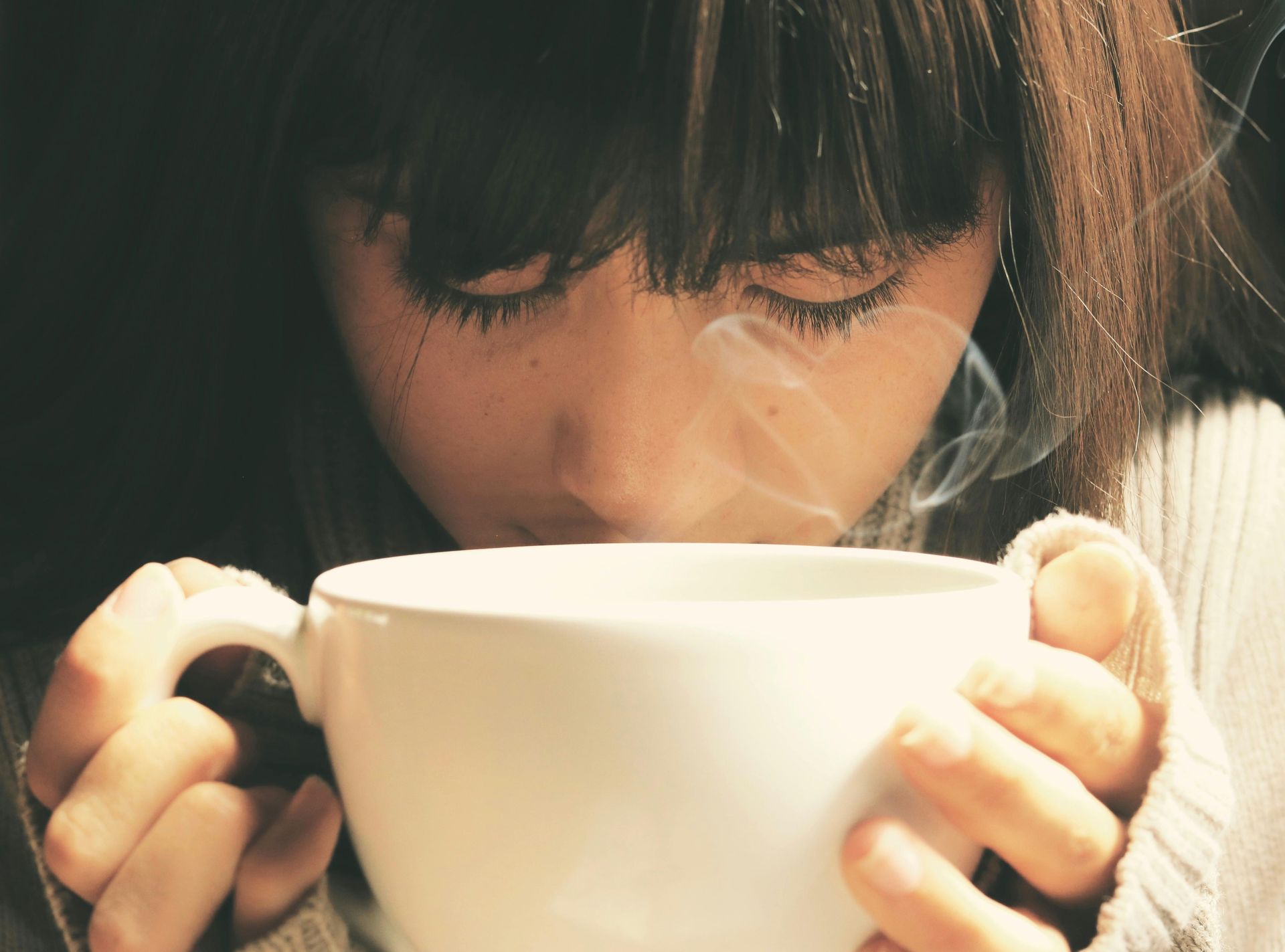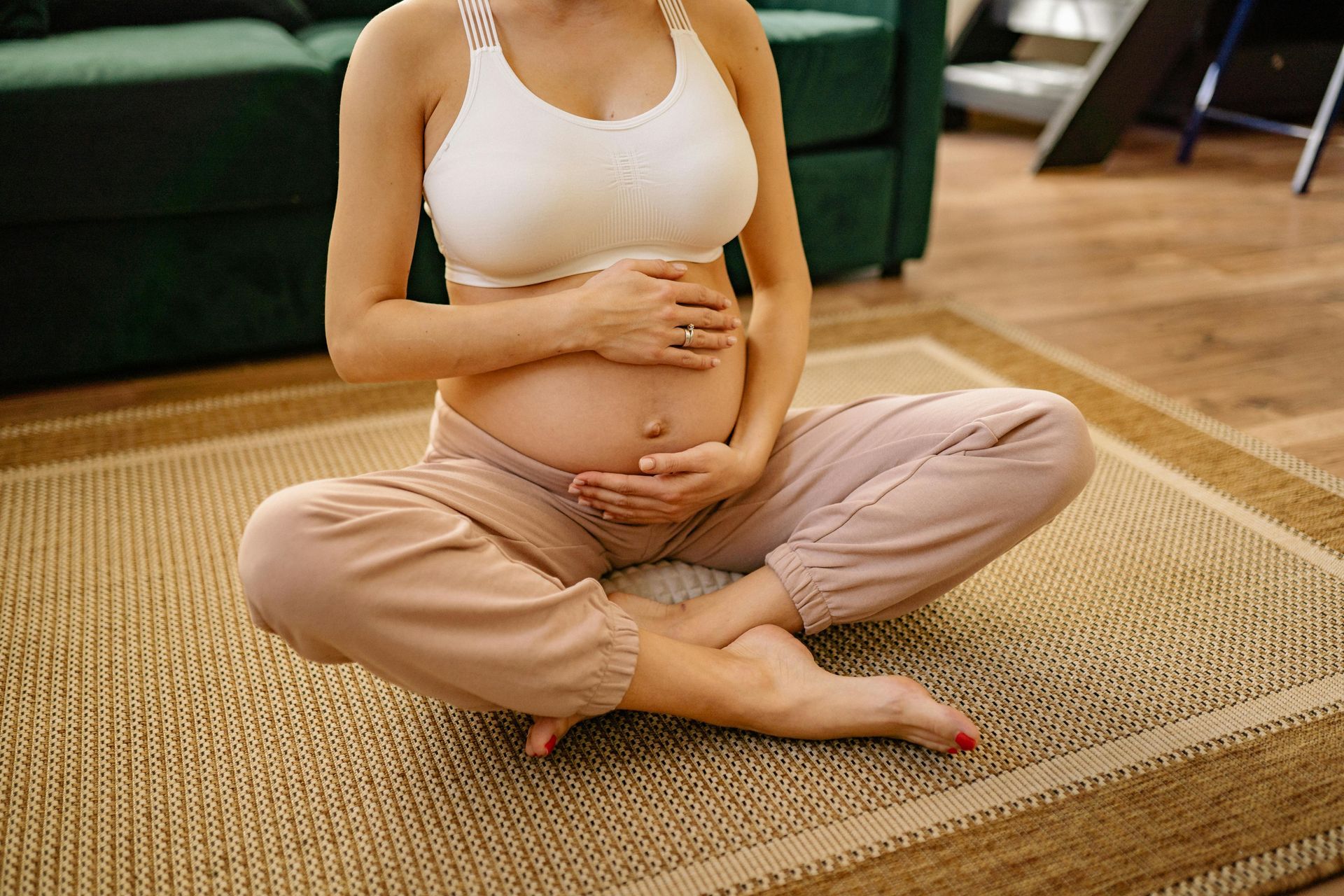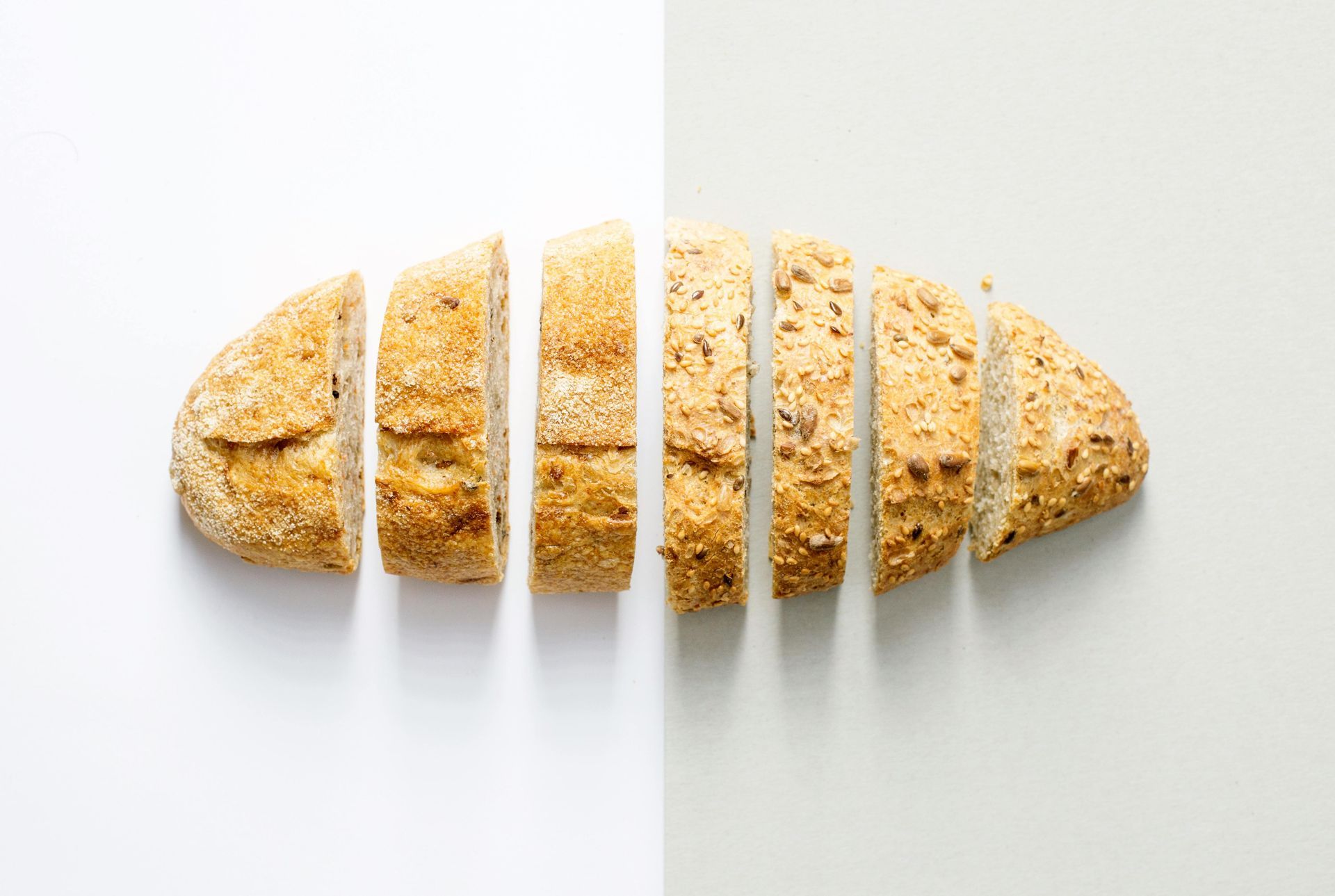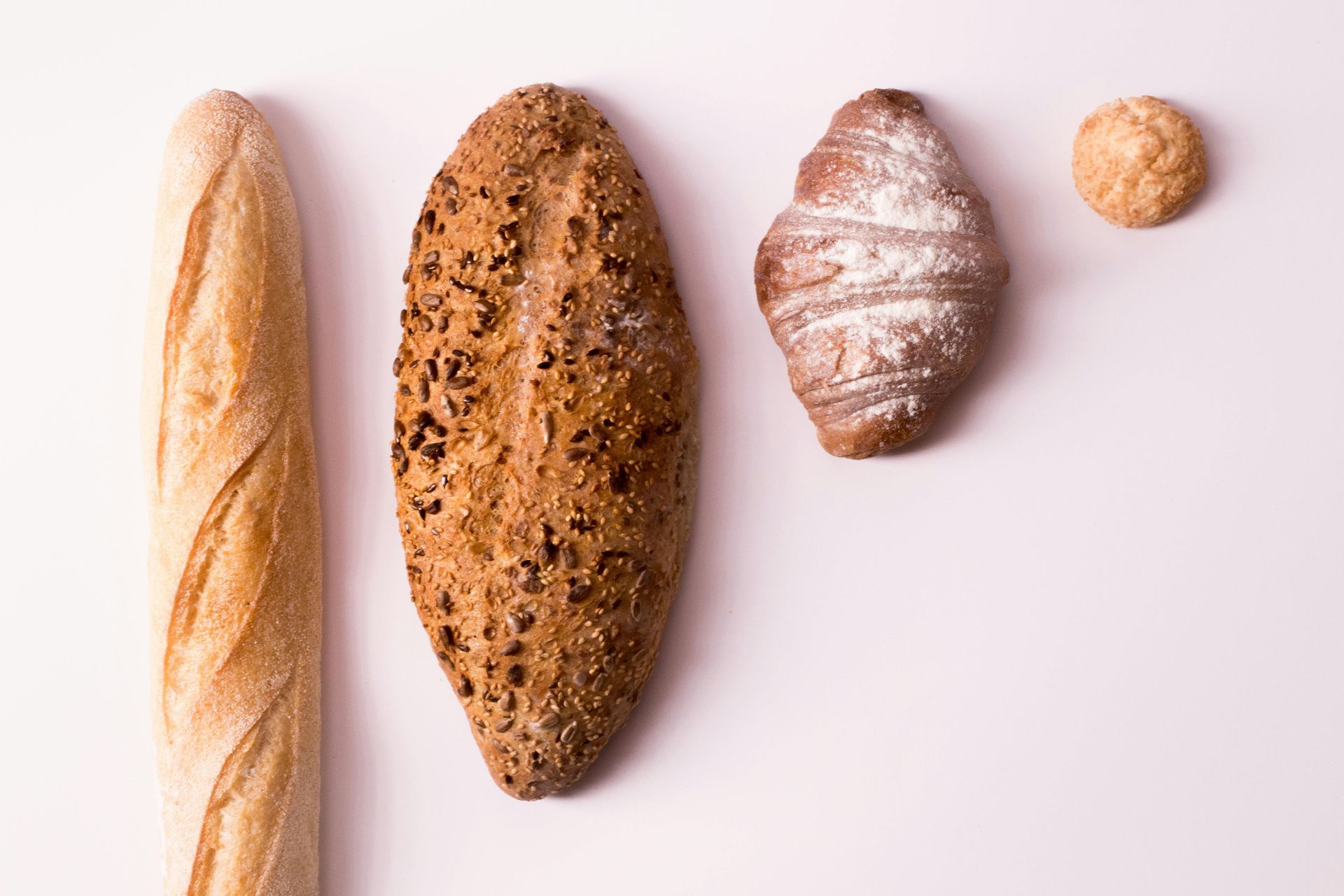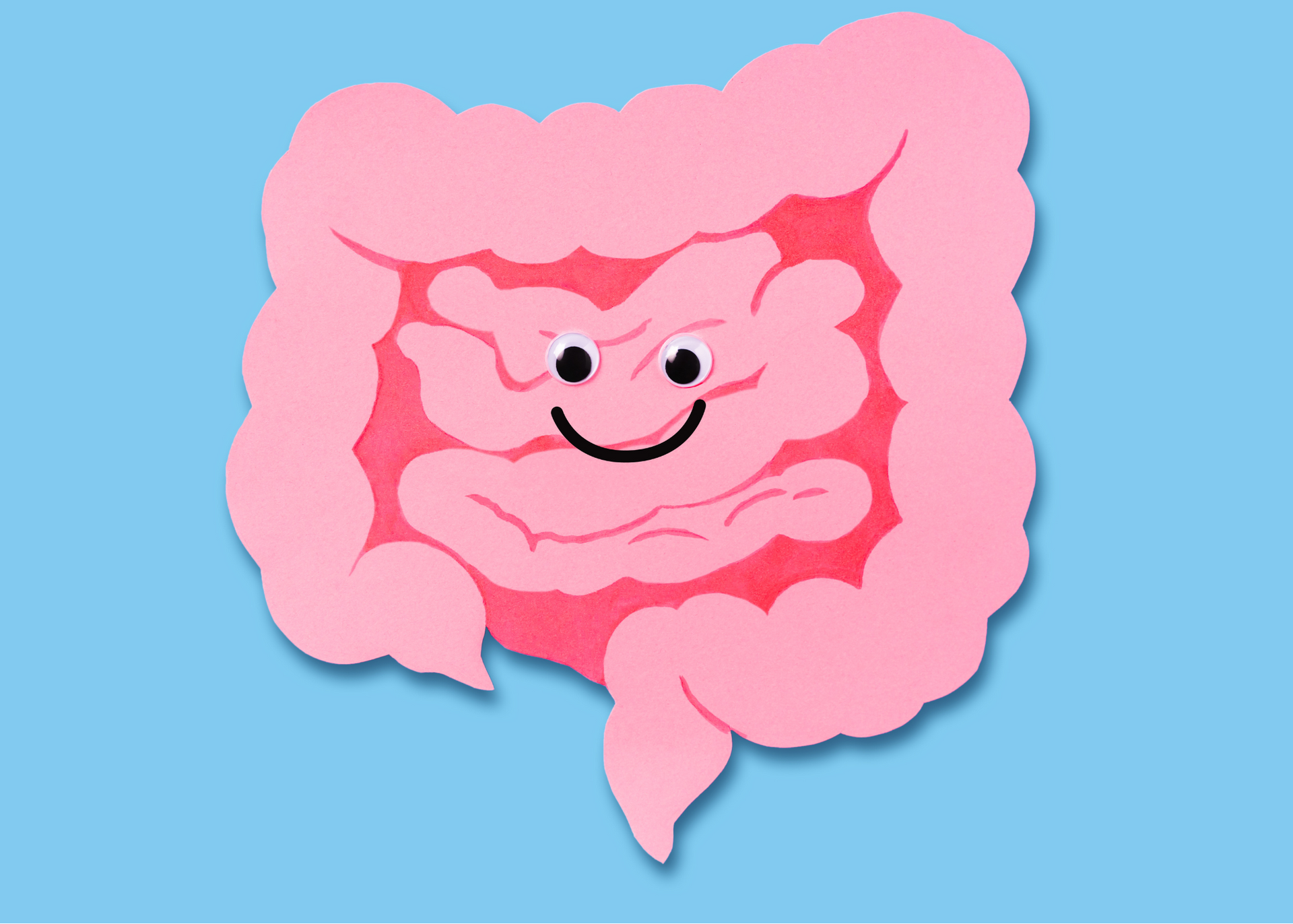Balanced Hormones: The Key to Anxiety Relief
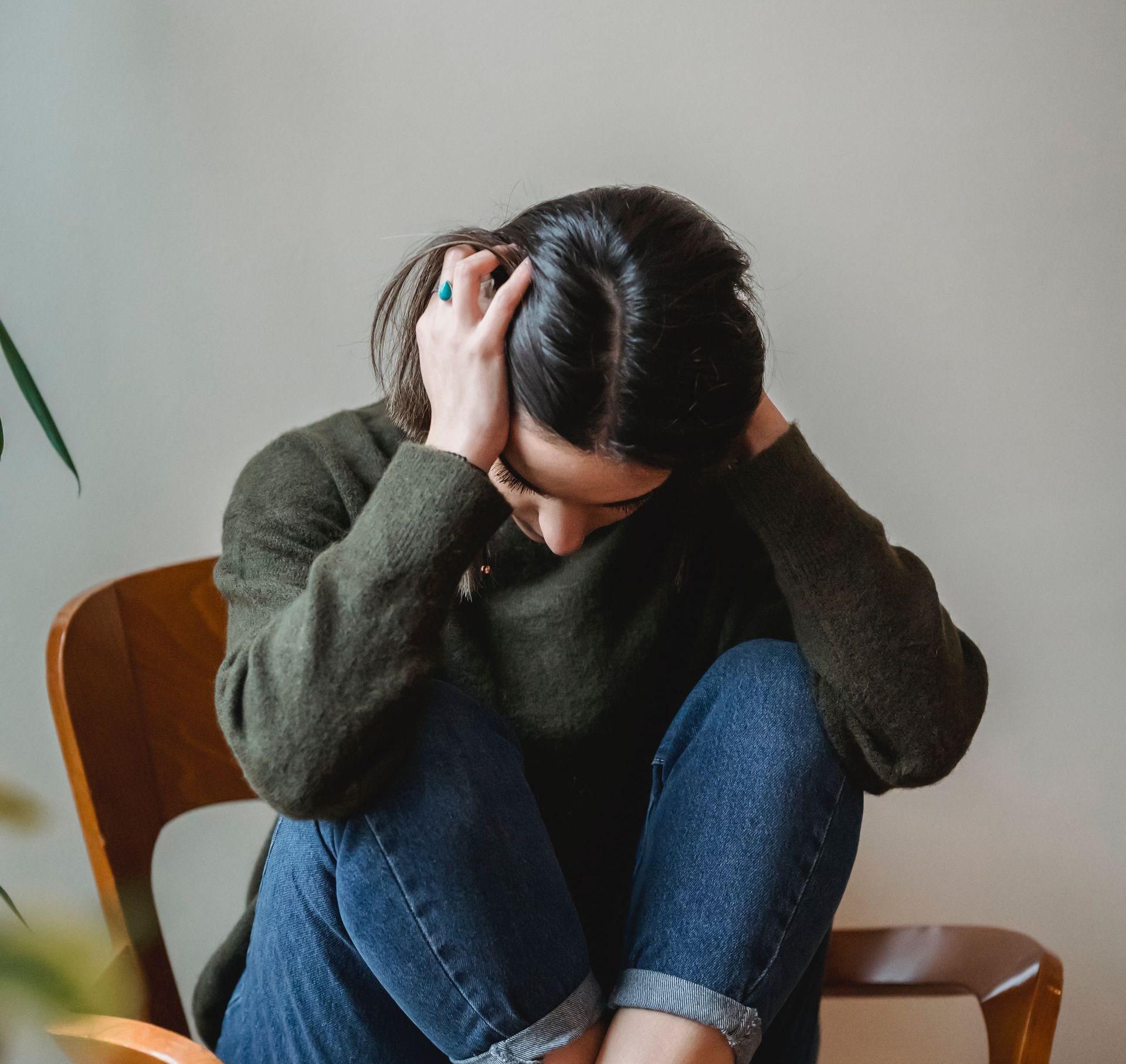
Can Hormonal Imbalance Cause Anxiety?
Frustrated by your anxiety?
Are you hopeful you can find natural solutions to your anxiety before resorting to medications?
I'm here to help!
In this comprehensive article I’m going to share why hormones are probably a big reason (and possibly the only reason) you are experiencing anxiety. I will explain the most common anxiety-causing hormone imbalance types, why these hormone imbalances occur, and natural strategies for hormone rebalancing and anxiety relief.
Signs of Anxiety
Not sure if you have anxiety?
Common signs and symptoms of anxiety include:
- A sense of dread
- Feeling nervous or restless
- Feeling of being out of control
- Avoidance/procrastination
- Getting tired easily
- Fast or irregular heartbeat
- Quick breathing
- Tight feeling in your chest
- Sweating more than normal
- Difficulty taking deep breaths/shortness of breath
- Knotted/upset stomach
- Muscle aches/tension
- Headaches
- Trouble concentrating
- Difficulty falling asleep or staying asleep
- Panic attacks
If a lot of these signs and symptoms are hitting home, anxiety may be to blame.
And if you struggle with anxiety, you’re not alone. 6.8 million Americans suffer from the debilitating effects of anxiety, and women are twice as likely as men to suffer.
Understanding Hormones
So what do hormones have to do with your anxiety?
Let’s start with what hormones are. Hormones are chemical messengers that travel throughout the body to different organs and tissues to tell them what to do and when to do it.
A hormone imbalance occurs when there is too much or too little of these chemical messengers. Hormone imbalances of many kinds can contribute to the awful experience of anxiety and all of the symptoms you read above.
Which Hormones Cause Anxiety?
There are over fifty hormones in the body, but we’re going to focus on the hormones that have the biggest impact on anxiety in this blog post.
Imbalances in the following hormones can play a big role in anxiety:
- Sex hormones: Estrogen, progesterone, and testosterone
- Cortisol
- Blood sugar hormones
- Thyroid hormones
Understanding how these hormones impact anxiety, and rebalancing these hormones naturally with diet and lifestyle may be the key to helping you reclaim control over your mental health.
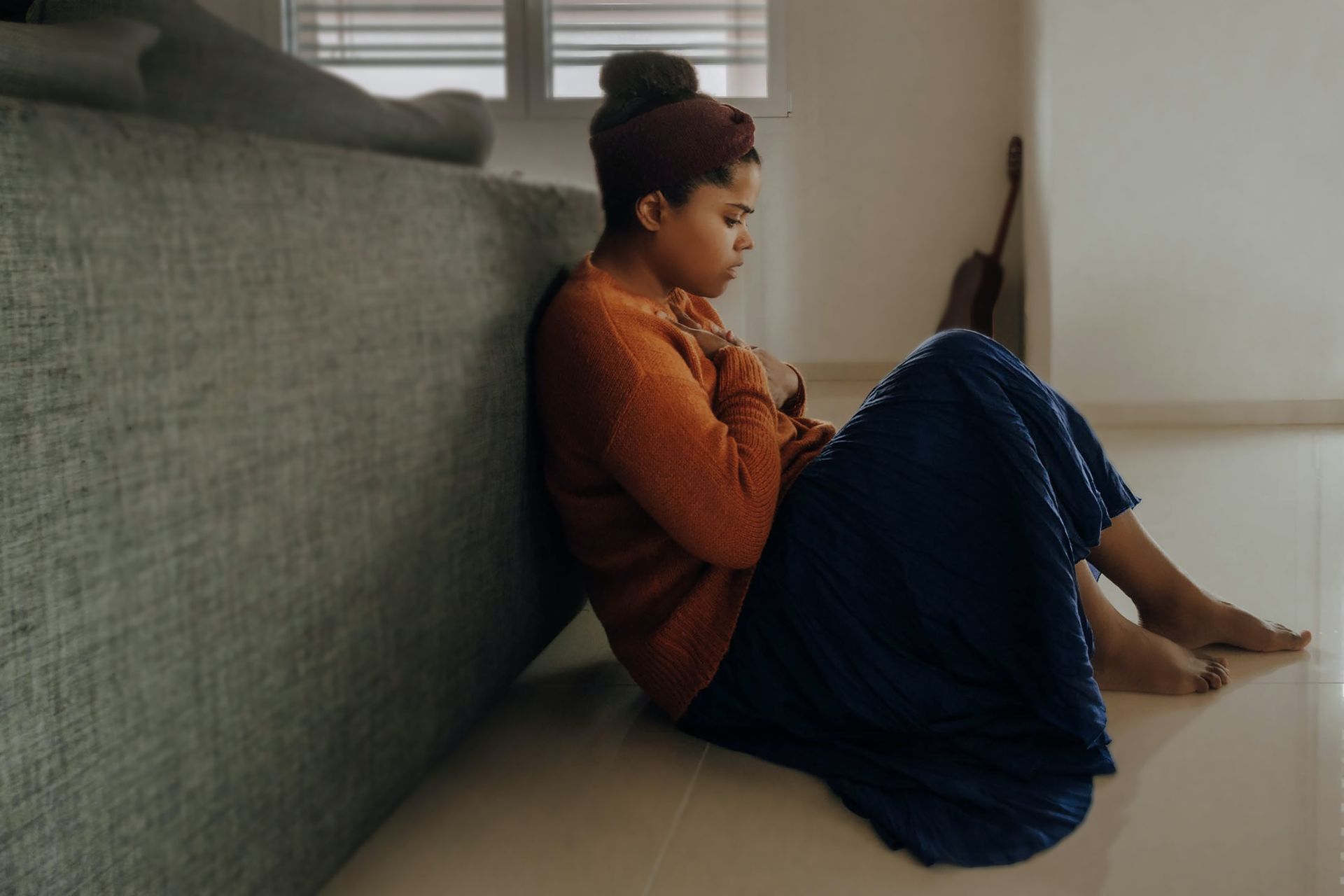
Estrogen and Anxiety
Estrogen levels fluctuate throughout a menstrual cycle, dropping about one week before a woman’s period and remaining fairly low until 4-5 days after her period starts. Studies have found that low mood and anxiety might worsen during this natural drop in estrogen, but keep in mind these fluctuations should be mild and not severe.
Estrogen levels also dramatically decrease
during menopause, and it is very common for both
perimenopausal and postmenopausal women to
struggle with anxiety even if they have never struggled with anxiety before.
Other common causes of low estrogen to be mindful of are:
- Anovulatory cycles
- Age (perimenopause/menopause)
- All forms of birth control
- Ovarian failure
- Under eating
- Over exercising
- Low cholesterol
- High stress levels
- Inflammation
- Uncontrolled blood sugars
- Vitamin/mineral deficiencies
- Poor sleep quality/not getting enough sleep
- Thyroid issues (both hypothyroidism and hyperthyroidism)
- PCOS
- Decreased blood flow to ovaries
- Opioid use
Progesterone and Anxiety
Progesterone is a sex hormone known for boosting mood, creating a sense of calm, and decreasing anxiety. Healthy levels of progesterone are key for keeping anxiety away because progesterone stimulates GABA, a “feel good” hormone.
Low progesterone levels can be caused by:
- anovulatory cycles
- Age (perimenopause/menopause)
- all forms of birth control
- Ovarian failure
- Undereating
- over exercising
- low cholesterol
- high stress levels
- Inflammation
- uncontrolled blood sugars
- vitamin/mineral deficiencies
- Poor sleep
- Low thyroid function
- PCOS
- decreased blood flow to ovaries
- NSAID use - Advil, Motrin, ibuprofen, etc.
Research studies show that progesterone has just as strong an effect as anti-anxiety medications!
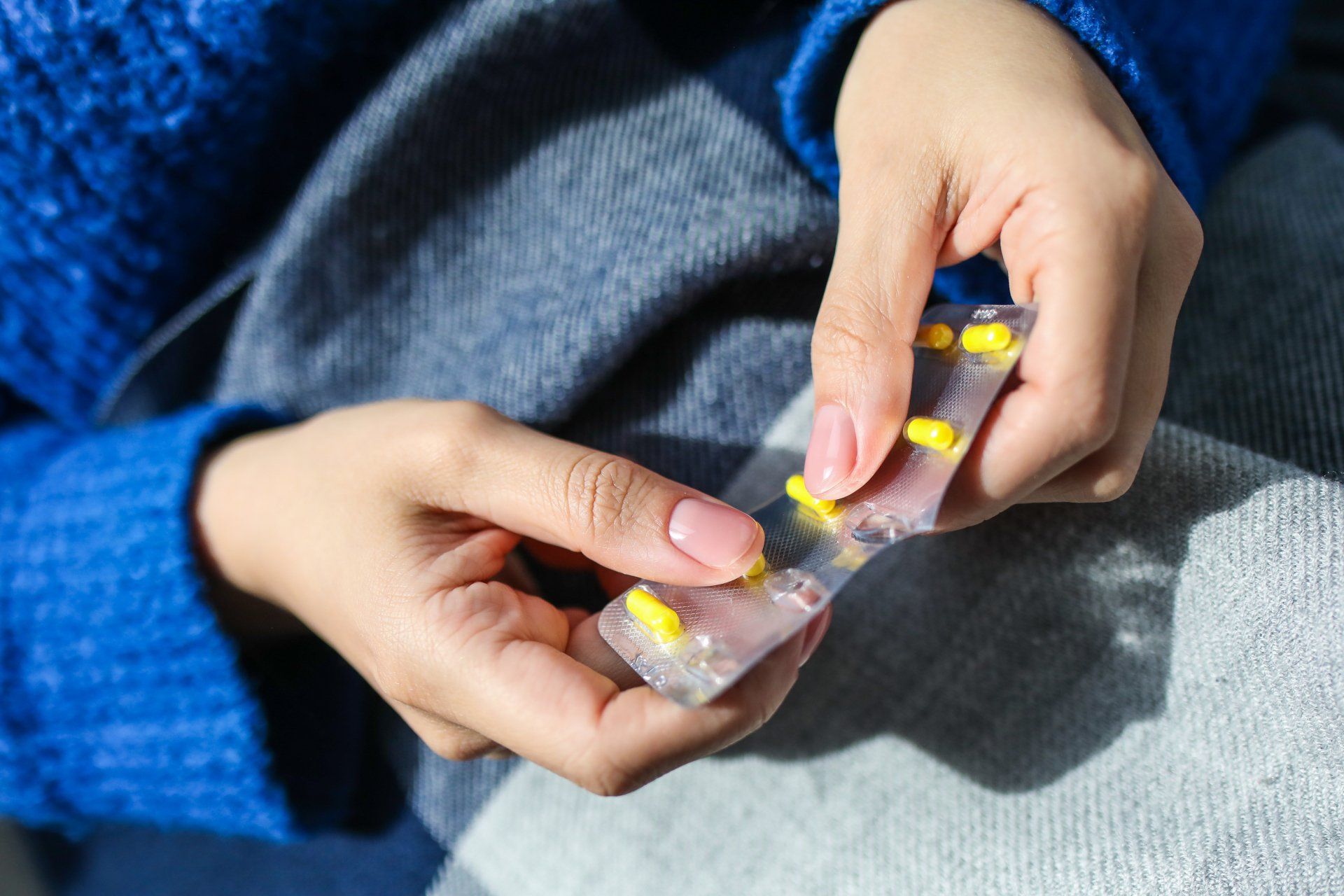
Testosterone and Anxiety
Testosterone is a sex hormone that both men and women make. Women make it in much smaller amounts than men, but it is still just as important to women feeling their best.
Low testosterone levels can be caused by:
- Anovulatory cycles
- Age (perimenopause/menopause)
- oral birth control
- Ovarian failure
- Mitochondrial dysfunction
- Head trauma/traumatic brain injury
- Alcohol
- Under eating
- over exercising
- high stress levels
- Inflammation
- uncontrolled blood sugars
- vitamin/mineral deficiencies
- Poor sleep quality/not getting enough sleep
- Low thyroid function
Noticing some overlap? Almost all of the causes of low estrogen can also cause low progesterone and low testosterone!
Low testosterone not only causes
anxiety, but it can also contribute to other symptoms like
low sex drive, low energy, thinning hair, irregular periods, infertility, lack of muscle tone, weight gain, and depression which can easily make you feel even more anxious.
Cortisol and Anxiety
Cortisol is commonly known as the “stress hormone”. It is made in the adrenal glands, and we actually need cortisol to function! Healthy cortisol levels help us feel awake and alert, prevent our blood pressure from dropping too low, lower inflammation throughout the body, and more.
The problem with cortisol is when we make too much for too long. Cortisol is released when we feel stressed from circumstances like work deadlines, relationship troubles, or moving. But cortisol is released for other reasons!
Common causes of high cortisol
- skipping breakfast
- under eating
- over exercising
- All forms of birth control
- chronic inflammation
- Poor sleep quality/not getting enough sleep
- high caffeine intake
- uncontrolled blood sugars
- vitamin/mineral deficiencies
- Lack of stress management
Cortisol should be released in short bursts to help us combat stressors that pop up from time to time. But if you’re drinking coffee for breakfast, you’re riding a blood sugar roller coaster, or you’re eating inflammatory foods that are low in vitamins and minerals, cortisol will be pumped out at a fast pace and
cause anxiety.
Blood Sugar Hormones and Anxiety
Our body uses glucose (a form of sugar) for fuel, and glucose is carried to cells all over our body through the bloodstream. This is where the term “blood sugar” comes from!
We don’t want our blood sugars to get too high or too low. Swinging back and forth from high to low blood sugars, aka a “blood sugar roller coaster”
increases anxiety.
Common reasons for a blood sugar roller coaster include:
- High sugar intake
- Undereating/skipping meals
- Fast eating speed
- Eating carbs without enough fat, protein and fiber
- Drinking alcohol
- Both underexercise and overexercise
- Poor sleep quality/not getting enough sleep
- vitamin/mineral deficiencies
- High stress levels
Stabilizing your blood sugars creates stability in other hormones, including stability in feel-good hormones which keeps your anxiety at bay.
Thyroid Hormones and Anxiety
Thyroid disease affects an estimated 20 million Americans, and 90% are women! Experts estimate one in eight women will develop a thyroid disorder during her lifetime, and up to 60% of those women are actually unaware they have a thyroid disorder.
So many women struggling with brain fog, weight gain, and anxiety are dismissed by their doctors. Instead of checking thyroid function, the doctor will oftentimes prescribe an antidepressant or anti-anxiety medication and send them out the door.
Our thyroid is a butterfly-shaped gland in your neck and it regulates hormones that affect every cell, tissue, and organ in the body. If your thyroid hormones are too high or too low your whole body, including your brain, will suffer.
Hypothyroidism is when the thyroid doesn’t make enough thyroid hormones. Hyperthyroidism is when the thyroid makes too many thyroid hormones. Interestingly, both
hypothyroidism and
hyperthyroidism can cause anxiety.
Hypothyroidism/low thyroid function is much more common than hyperthyroidism/high thyroid function.
Common causes of hypothyroidism include:
- Postpartum
- Hashimoto’s (an autoimmune condition)
- All forms of birth control
- Undereating
- Over exercising
- Too little exercise
- high stress levels
- Inflammation
- Uncontrolled blood sugars
- Vitamin/mineral deficiencies
- Unhealthy gut
- Unhealthy liver
- Toxin/hormone disruptor exposure
Natural Remedies for Hormone Balance and Anxiety Relief
Thankfully there are natural solutions to rebalancing all four categories of hormones. These are three strategies I recommend to support hormone balance and reduce your anxiety symptoms.
I am sharing a few actionable steps you can take for each strategy, and you can find even more strategies, actionable steps, and guidance in my Restore Program.
Improve your sleep quality
- Scale back on screen time (TV, computer, tablet, and phone all count) for at least an hour before bed.
- Adjust your caffeine intake and the timing so you can enjoy a caffeine boost without it impacting your sleep.
- Turn down the temperature to lower your core body temperature.
Exercise the right way
- If you’re not exercising, start. Exercise supports the production and regulation of every hormone in your body.
- Consider scaling back on high intensity exercise, which can put a lot of stress on the adrenals and wreak havoc on your hormones.
- Consider my Restore Program, where I share lots of guidance on the different types of exercise, what to prioritize, what to ditch, and my thoughts on pre-workout, protein powder, and creatine.
Reduce your sugar intake
- Start reading nutrition labels - sugar is hidden in surprising places! Even health foods like salad dressings, yogurt, and green juices often contain loads of sugar.
- Eat fresh fruit to satisfy your sweet tooth. Fruit doesn’t spike blood sugars like added sugars do, especially if you pair fruit with fat and protein.
- Read my blog where I share lots of tips and tricks for reducing your sugar intake.
There are a lot of other lifestyle changes to manage hormone-related anxiety that are incredibly helpful.
These changes include reducing alcohol intake, eating balanced meals and snacks, an anti-inflammatory diet full of vitamins and minerals, hormone balancing supplements, and using stress management techniques like yoga, meditation, and breathing exercises.
I know making changes to your lifestyle can be challenging, especially when you’re battling anxiety. Start small, focus on consistency over perfection, and keep building on your healthy habits over time.

Hormonal Anxiety - Let's Recap
That may have been a lot to take in! Let’s recap some highlights:
- Not sure if you have anxiety? If you feel nervous or restless and can’t figure out why, it might be anxiety. If you experience a fast heartbeat, quick breathing, chest tightness, excessive sweating, upset stomach, or muscle tension, anxiety may be to blame.
- Our hormones play a huge role in anxiety. The four categories of hormones to focus on rebalancing are sex hormones (estrogen, progesterone, and testosterone), cortisol, blood sugar hormones, and thyroid hormones
- These four categories of hormone imbalance share a lot of the same root causes including under eating, over exercising, inflammation, poor sleep, uncontrolled blood sugars, and birth control.
- There are natural solutions to rebalancing your hormones and reducing your anxiety. Improving your sleep quality, exercising the right way, and reducing your sugar intake are a good starting point, but there are many other solutions you can try.
Anxiety can be crippling, and my heart goes out to everyone struggling with it. Humans aren’t designed to have anxiety, and thankfully there are natural solutions to address your mental health. I used to struggle with both anxiety and depression (along with a long list of other health issues) and now I can confidently say I feel the best I’ve felt in over fifteen years.
Hormone Balance - What Next?
Maybe this blog post made you realize your hormones need some TLC, but you don't know where to start. I have three great resources to get you started!
Hormone imbalance quiz - This free quiz pinpoints imbalances in your hormones and identifies your hormone imbalance type (I'll send you an email with free tips to help rebalance your hormones based on your results!)
Ten Day Reset - Clear, simple instructions to feel better in your body in just ten days. This ten day program includes a hormone-balancing diet plan, workout plan, brain-rewiring journal prompts, and more.
The Restore Program - My most popular program! I walk you through all of the hormone-balancing essentials, step-by-step. The program is loaded with videos of yours truly, resources/handouts to help you take action, and over 65 hormone-balancing recipes. You also have the opportunity to pick my brain on Zoom calls with me throughout the program!
If you feel discouraged by your anxiety, I hope this brings you hope and encouragement. By taking a holistic approach and taking a good look at your hormone imbalances, you have the power to break free from the shackles of anxiety.
That, my friend, is a beautiful, wonderful thing.
Continue Reading
